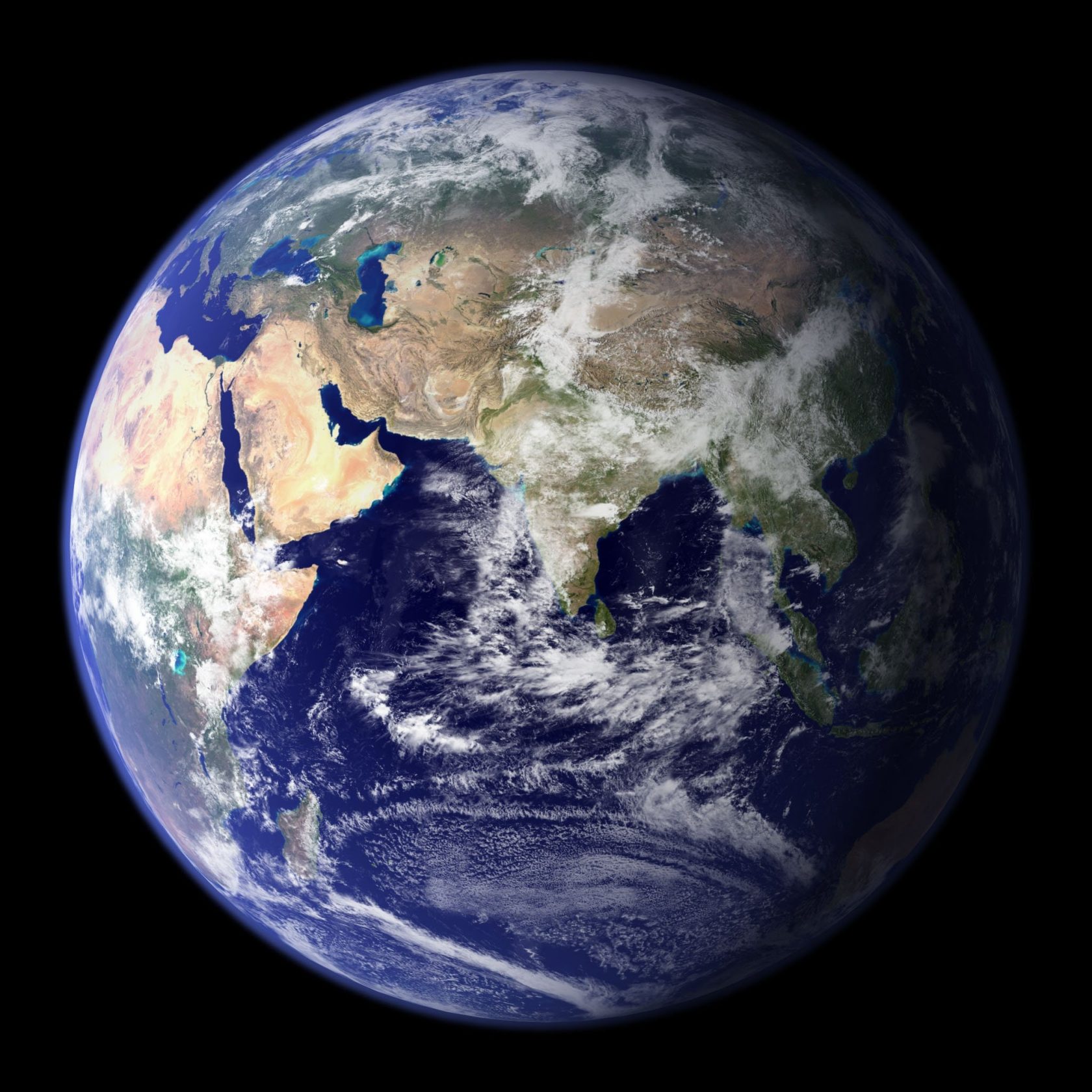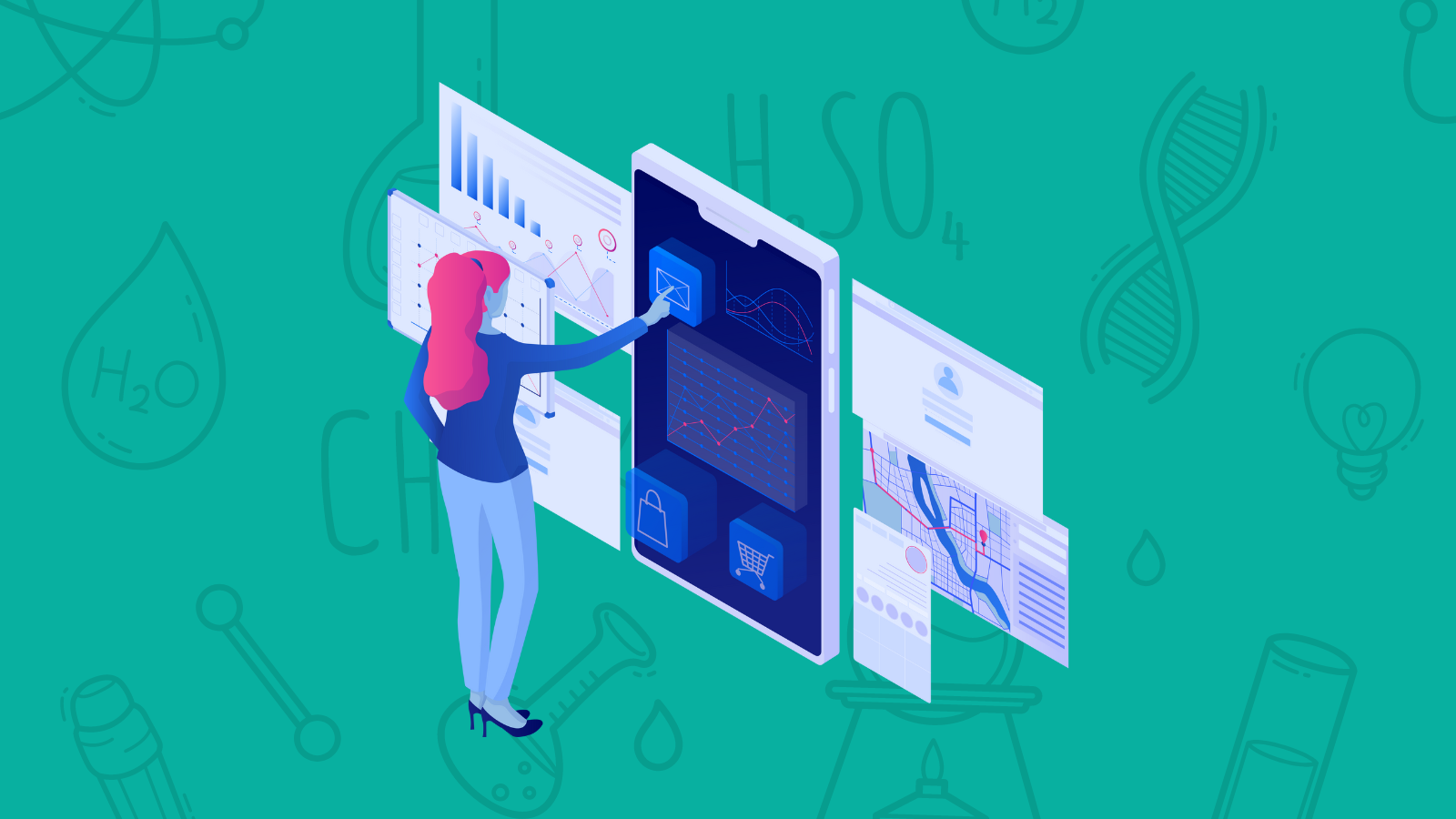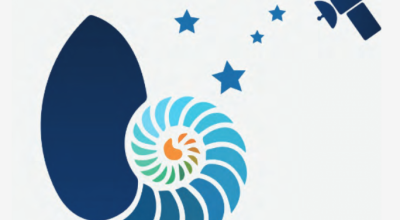International Day of Women and Girls in Science – portraits
Today, less than 30% of the world’s researchers are women. Less than 4% of Nobel prizes in science have been awarded to women, and only 11% of top research posts are held by women in Europe (according to the UNESCO report).
February 11 marks the “International Day of Women and Girls in Science”, the aim of which is to encourage and increase the participation of women and girls in science and the promotion of their work.
As a result, women are under-represented in science, technology, engineering and mathematics at both university and research level. And in scientific fields, women are under-represented at the decision-making levels of programming and policy-making. This day is a reminder that women and girls need to be more involved in the scientific and technological community.
Within IR Data Terra and its data and services clusters, many women work to advance science at all levels and contribute to a better understanding of our planet through their work. They are also role models for the younger generation of women researchers who wish to pursue their scientific careers.
Today we take a look at six of them.
Here are a few portraits of data managers and researchers:
Sophie Cloché – Research engineer at Aeris
I began my career with a thesis in remote sensing on the estimation of atmospheric water vapour and the detection of clouds by satellite at the LMCE in Île-de-France (now the LSCE).
Following my thesis and a postdoc in the field of remote sensing, I wanted to become an engineer. Meeting the needs of researchers, being in contact with different communities and working on more technical issues were all areas of interest that prompted me to change direction. So I worked on building databases for climate research for 5 years in various laboratories at the Institut Pierre Simon Laplace (IPSL) in the Paris region, where I took up a position as a research engineer in 2001.
For several years, I worked on the development of databases, both for IPSL and for the wider community through major national and international programmes such as AMMA and Mistrals. Over the years, I’ve come to appreciate just how important it is to be as close as possible to the research teams in order to understand their needs, their way of working and how to provide the most appropriate solutions – in short, to be at the heart of the research projects. With this in mind, in 2007 I was asked to join the mission group for the Franco-Indian Earth observation mission Megha-Tropiques.
It was a real opportunity for me to be part of a scientific project and to be associated with a space mission in the making. The mission was launched in 2011 and it was a real human and technical adventure to be able to participate as closely as possible in the preparatory work for a space mission. Initially, I was in charge of the databases used by the mission’s various research groups. Little by little, my role was refined and I became the right-hand man to the mission’s PI (scientific manager) and then project manager.
All this experience has enabled me to build up my expertise in spatial data processing on the one hand and the management and development of scientific data on the other, which today gives me the following responsibilities:
1 Head of the ESPRI-OBS department at IPSL, which employs around fifteen engineers (permanent and contract) and processes and manages Earth observation data. ESPRI-OBS is responsible for managing data from the IPSL Earth Observation Centre, while also playing a national role as one of the four data centres of the AERIS National Atmosphere Centre.
2. Project manager for activities related to Earth observation space missions, which translates into my involvement in various areas (leading the IPSL space group, providing advice and expertise on the scientific ground segments of future space missions, involvement at European level in the development of satellite products, satellite data management and processing, etc.).
Clémence Cotten – Head of FAIRisation of data for the Odatis Ocean division
Head of Data FAIRisation for the Odatis Ocean cluster and manager of the database of biological samples from French marine campaigns.
After obtaining a degree in biology and ecology at the University of Nantes, I specialised in marine sciences with a multidisciplinary Masters in Oceanography and Geomatics at the University of Brest (Master EGEL). I was soon hired by Ifremer to manage and interoperate data to support public policy. A few months ago, I changed jobs. I’m now in charge of managing the database of biological samples within the CDS SISMER and I’m also responsible for the FAIRisation of data from the Odatis Ocean cluster. My job is to improve the dissemination and standardisation of the cluster’s data to make it easier to reuse. It’s a particularly exciting role, because I work on a wide range of topics, not only with scientists, but also with the IT teams, with whom we are working to develop new technologies to support data and research.
The acquisition of marine data, whether satellite or in situ, is a costly process that requires significant resources. It is therefore necessary to make this data sustainable and to disseminate it so that the entire scientific community can use it for their research. Data FAIRisation meets this objective by offering solutions to simplify the re-use of data from various sources. The aim of the Ocean Odatis cluster is therefore to support data and service centres (DSCs) by giving them the tools and resources they need to follow the FAIR principles as closely as possible, so that they can then embark on ERV, big data and other initiatives.
Previous portraits:
Cathy Clerbaux
CNRS Research Director at LATMOS (Atmospheres, Environments and Space Observations Laboratory). With her team, Cathy Clerbaux has demonstrated the potential of infrared sounders for monitoring pollution peaks, major biomass fires, the formation of the hole in the ozone layer, etc. The CNRS Silver Medal is awarded to researchers for the originality, quality and importance of their work, recognised both nationally and internationally.
Anne Puissant
In addition to her training activities, Anne Puissant has worked for many years with research laboratories specialising in urban issues and digital technologies. Her main aim is to help users of scientific data to process it on a massive scale and transfer the results of public research to them in a usable form.
Silvia Valero
Silvia Valero is a lecturer in computer science at the Université Paul Sabatier – IUT’A, Toulouse, and also works in the CESBIO laboratory. Her work focuses on image processing and machine learning.
Valérie Demarez
The scarcity of water resources is set to worsen as a result of global warming and demographic pressure, both in France and in many other countries already facing extreme emergencies, such as India, Africa and Australia. It is this need to provide concrete answers to the challenges of managing water resources that led Valérie Demarez to propose the Centre d’Expertise Scientifique (CES) Irrigation.
Annelise Tran
Anne-Lise Tran heads up the Centre d’Expertise Scientifique (CES) “Risques Maladies Infectieuses”, which brings together several scientific teams developing transmission risk maps for various infectious diseases, both vector-borne and non-vector-borne, based on Earth observation data.
Laure Rupioz and Aurélie Michel
They run the Centre d’Expertise Scientifique (CES) Temperatures of Surfaces and Emissivity. They recently made available the Thermocity product for detecting heat islands.
Anne Richer-de-Forges
Anne Richer-de-Forges works in the field of soil mapping using statistical modelling, and is heavily involved in the connectivity between soil science research and society at global and national levels. Anne Richer-de-Forges has just taken over the management of the Centre d’Expertise Scientifique (CES) Cartographie numérique des sols.
Catherine Schmechtig
A research engineer at the CNRS, Catherine Schmechtig works on oceanographic data, which is essential for understanding the effects of climate change. She is also involved in the REFINE programme, a European project that aims to launch floats in the Labrador Sea (between Canada and Greenland) to study the migration of animal plankton between 100 and 1,000 metres below the surface in the twilight zone.






